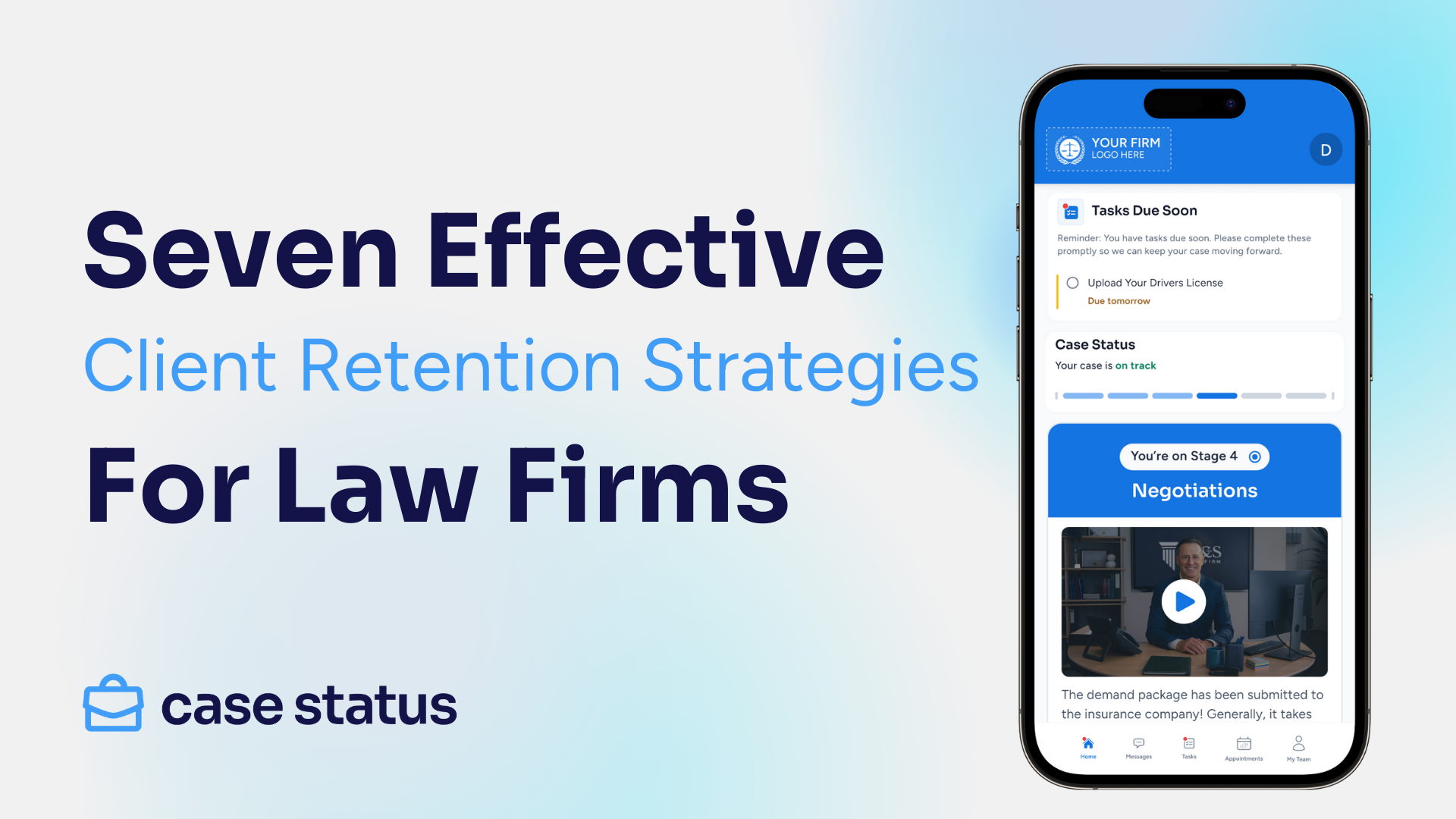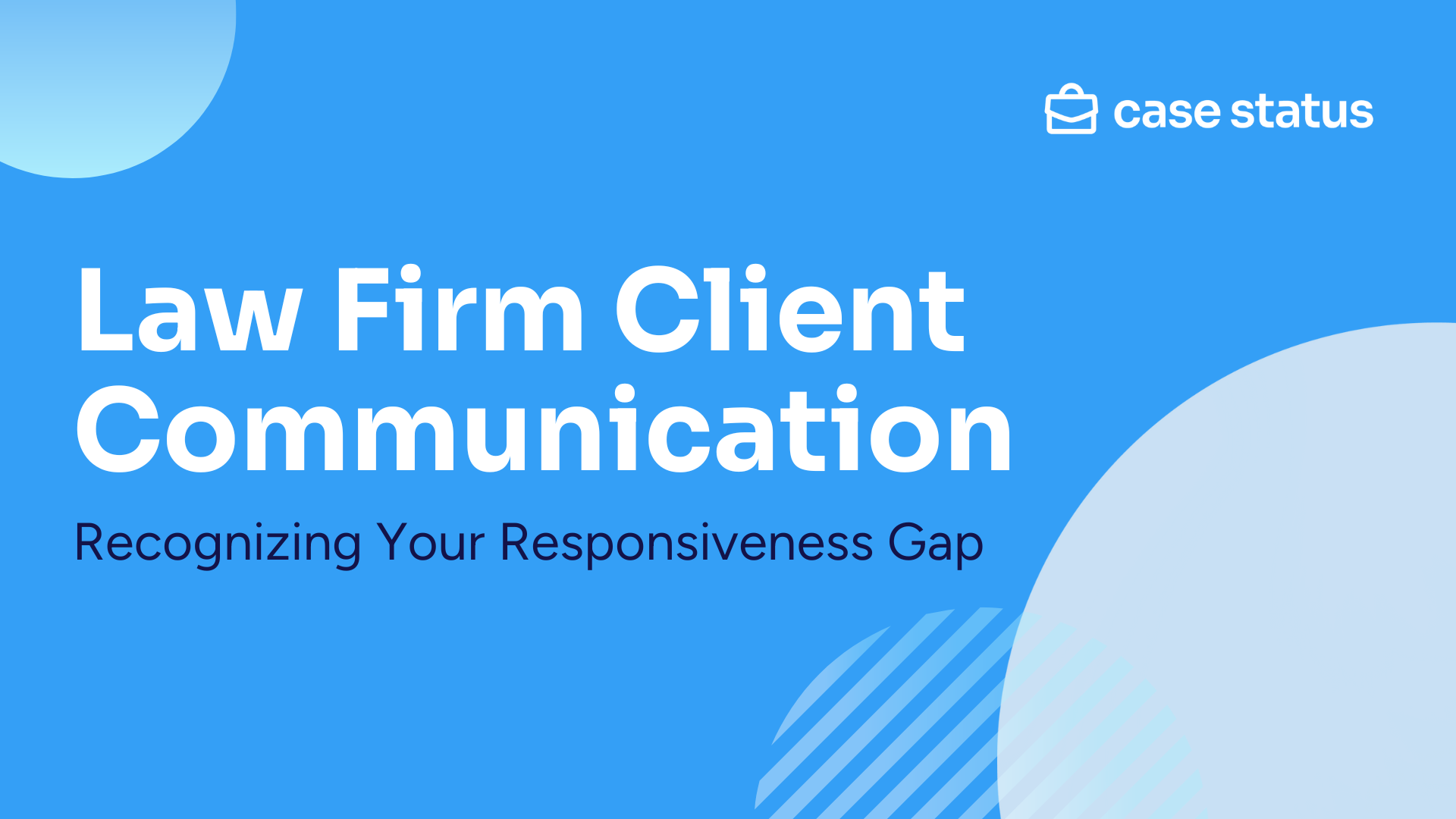
What is AI used for in law? AI is far more than a chat-based tool to get instant answers to questions or generate articles. It is the most impactful technology of our time (besides the internet), and it stands to transform nearly every facet of legal practice — and justice system at large.
Historically known for being slow to adopt technology, the legal sector has been taken by storm thanks to the influx of AI legal software. From document drafting to legal research, client management, and predictive analytics, legal AI tools stand to become the pillars of future practice for firms of every size. This offers the once struggling solo attorney the chance to compete with established firms, as well as newfound opportunity for larger firms to expand their services and streamline their operations.
AI’s Diverse Applications in Law
- Legal Research Tools: Artificial intelligence enhances the legal research process by allowing lawyers to analyze and interpret large quantities of data in minutes. You can use AI to find a relevant case laws and regulations based on specific key terms and case criteria.
- Case Prediction: You may not be able to get inside the judges mind, but you can use AI to analyze their previous behaviors and identify trends among rulings in similar cases. You can also use AI to learn more about your opposing counsel and historical rulings that may influence the outcome of your case.
- Client Management: Artificial intelligence can help lawyers manage their practices more effectively by automating a wide range of workflows related to client management and client engagement. You can spend less time on administrative duties and more time performing work that delivers results.
- Contract Drafting: With the help of illegal artificial intelligence, you can write legal documents much more effectively. You can also use legal AI to find missing causes in contracts and summarize agreements in seconds.
Transforming the Legal Profession with AI
Have you been exploring how artificial intelligence is transforming the legal profession? Banks artificial intelligence law firms have been able to streamline their operations and enhance accuracy in their research, leading to better decision-making processes and improved outcomes for their clients.
Artificial intelligence also helps promote a more fair justice system. While it is possible for bias to exist in some AI, it is primarily designed to extract information without filtering it through any type of personal value system. AI is capable of finding information related to any search term, meaning that you will see both sides of an argument and be able to glean more objective insights that could shape your case.
AI and Legal Research
Legal AI tools like Lex Machina, ROSS Intelligence, and Alexi redfine how lawyers prepare for their cases. The automatic retrieval of relevant case laws, statutes, and legal precedents allow busy lawyers to save time while maintaining due diligence.
With additional AI features, like automatic document management and template writing, you can connect your key workflows with ease.
The Emergence of AI Lawyer Apps
More AI lawyer apps have been developed that offer on-the-go legal assistance, such as client communication portals, document review, and even instant legal advice for clients seeking guidance.
Lawyer software can make legal services more accessible for clients, expanding a lawyer’s role in their community. It can also improve business monitoring, enhance documentation, improve compliance, and promote greater harmony across all of your firm’s processes.
Best Tools for Lawyers: AI Edition
Lawyers looking for the best legal AI software can explore solutions from top providers like:
- Case Status: Case Status AI, Case Status's innovative client engagement tool, leverages applied AI to enhance legal client services. It predicts and recommends responses to client messages based on a firm's data, streamlining communication and improving efficiency. Case Status AI allows customization of responses for tone and style and continually improves through feedback. It also supports translation into 138 languages, enabling seamless communication with diverse clients. By anticipating future interactions and analyzing client sentiment, Case Status AI empowers law firms to proactively manage and enhance client relationships.
- Lex Machina: A robust legal analyses platform, Lex Machina’s machine learning software examines large volumes of legal data to provide customized summaries and predictive insights on a case-by-case basis.
- Casetext: Casetext is a comprehensive legal AI assistant that uses a software called CoCounsel to help you perform research, manage documents, analyze contracts, and even generate timelines for your cases in mere minutes.
- Latch: This Word-compatible AI writing assistant can automatically insert AI-generated legal text into documents, use custom requirements to ensure contracts meet specific conditions, and generate automatic redline suggestions to enhance your productivity and ensure compliance.
- Humata AI: You can use Humata AI to simplify complex legal language using a series of simple commands. Upload a PDF document, and Humata will generate a summary that gives you all the most important insights.
AI: A Threat or an Ally to Lawyers?
One of the biggest questions professionals have is, "Is artificial intelligence a threat to lawyers?" While it is true access to basic legal information is expanding among the public, lawyers are not likely to find themselves without work anytime soon. Clients who use tools like AI Lawyer may find information that helps them navigate the legal system on their own. However, lawyers are still required in many cases, and AI gives professionals the chance to enhance their business’s value and expand their practice.
AI's Presence and Promise in Legal Work
You no longer have to wonder, “Is there AI for lawyers?”. There are plenty of programs available today that allow you to automate many of your most essential tasks without jeopardizing confidentiality or conducting your work unethically. These tools have been trained for lawyers to enhance their productivity, work more efficiently, and expand upon their capabilities.
AI will also allow certain tasks that once required a lawyer to be performed by a paralegal or junior attorney. This can improve a firm’s productivity while lightening some of the workload placed upon the lawyer’s shoulders.
Conclusion
No one can deny the incredible impact of AI on the legal profession, from the way it transforms legal research to enhancements in case management and client services. The role of AI in law will continue to evolve, offering lawyers significant opportunities to expand their scope of practice and help more people.
The integration of AI allows for law to become a more client-centered practice going forward, something that many lawyers will welcome with open arms.
Explore Legal Automation & AI With Case Status
AI technologies are at the forefront of legal innovation. For any firm that wants to move forward, starting with simple software that handles robust tasks with ease is a good idea. Case Status offers AI-assisted client communication that can suggest responses in real-time, translate over 100 languages automatically, and help you reduce inbound calls and emails while boosting client satisfaction.
Click here to learn more about Case Status and how it transforms law firms’ operations.



